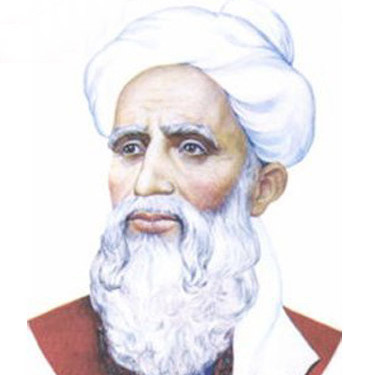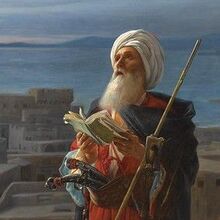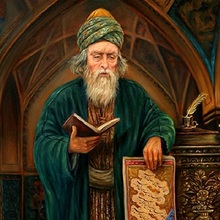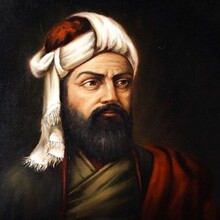
Personal
Other names:
Anvari Abivardi, Anvari, Anwar, Anwar al-Din
انوری ابیوردی، انوری، انوار، انوارالدّین
Job / Known for:
Poet, philosopher, alchemist, polymath
Left traces:
His poems and books, divan of poetry
Born
Date:
1126
Location:
IR
Abivard, Khurasan
Died
Date:
1189-01-01 (aged 63)
Resting place:
IQ
Death Cause:
Family
Spouse:
Children:
Parent(s):
Muhammad ibn Muhammad Anvari (father)
QR Code:
Show More
Rank
Users ranking to :
Thanks, you rate star
Ranking
5.0
1
Fullname
Muhammad Anvari
Fullname NoEnglish
اوحدالدّین محمّدبن محمّد انوری
Slogan
The world is a mirror that reflects your deeds.
About me / Bio:
Show More
Article for Muhammad Anvari
Died profile like Muhammad Anvari
Comments:






